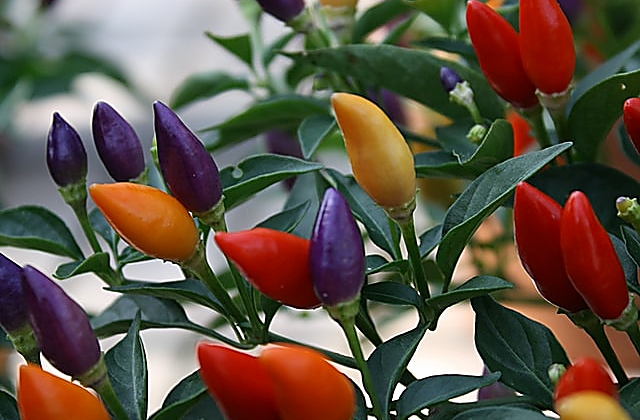How to Grow Vegetables Growing in Pots With Bunnings Seedlings

It’s no surprise that many people regard bunting as a distant dream. However, for anyone who enjoys the thrill of sowing and reaping, vegetable seedlings in beds or a small garden is an opportunity they can’t resist. Planting your own vegetables garden involves a fair amount of work, but it’s also a very rewarding experience. It helps you develop into a more self-aware and dedicated gardener, as well as providing a great source of nutritious produce.
One of the most rewarding aspects of growing your own vegetables is the pride you’ll have in the fruits or vegetables you grow. Even if you decide not to eat them, you’ll enjoy the fact that you have worked hard to produce something. Many people view growing vegetables as a boring backbreaking task. But you’ll find that this isn’t really true. With patience and determination you can easily become an expert at vegetable gardening.
Bunting has been a popular hobby since Victorian times when gardeners would plant vegetables in mounds, usually using a cart to move the seeds from one to another. These days it’s still popular, but has become much easier with the use of various machines. There are two basic methods of vegetable growing; indoor and outdoor varieties. In either case, you will require an appropriate location with good drainage and sufficient sunlight. You should consider how much space you have available when planning your garden. A large garden is ideal for growing vegetables, but these often take over valuable working space.
It’s important to plant your vegetables in a healthy and fertile soil. Healthy soil will be perfect for growing seedlings and ensuring that the plants have plenty of nutrients to feed on. Regular rotations are required for vegetable growing and ensure that the soil is always moist. Another aspect of vegetables gardening is watering; it’s important to keep the soil damp but not soaked.
It’s not a good idea to start growing vegetables growing indoors in pots. Even though plastic is durable and lightweight, it won’t withstand the rigours of being outside. Also, most plants won’t thrive well in potting mediums which can often be suffocated by roots and soil. Bunnings are a perfect choice if you want to get growing quickly and easily in a limited amount of space. Bunnings are very versatile and there are many different varieties that you can grow from seedlings.
If you’re growing vegetables seeds indoors in a Bunnings you’ll only need to water them every few days during the growing season. The same rule applies to Bunnings grown in larger pots – you shouldn’t water them too often. If you let your Bunnings get too wet, they’ll actually stop growing altogether! If you’re growing vegetables seeds indoors for the first time, it’s a good idea to ask a gardening professional to show you how to do it safely. Once you know how it’s done, you can get onto growing vegetables seeds outdoors in your garden. Keep in mind that the Bunnings will be considerably hotter than the seeds you plant inside so dress accordingly.
You should never plant vegetables seeds indoors in heavy clay soils or extremely hot areas. Vegetable seedlings should never be grown under direct sunlight, and you should never harvest seeds before they are completely developed. There are a number of different brands of Bunnings vegetable seedlings available and they vary slightly in taste. The amount of time they take to mature also varies, and you may have to wait for a while between batches of vegetables grown in the same growing tray. They usually take about three years before you can harvest your first crop, so be prepared!
In general, Bunnings vegetable seedlings are ideal for beginners but not suitable for experienced gardeners. They are best suited to those who are growing vegetables growing in pots since there is less to learn. If you want a garden with many vegetables growing together, then Bunnings is an ideal choice since they can grow well individually as well as in a group. They are easy to care for and can handle drought as well. It is worth it to pay the extra money for Bunnings seeds because they are the most durable and adaptable of all indoor garden seeds. Keep the growing season in mind, though, because the longer the growing season, the shorter the storage season.